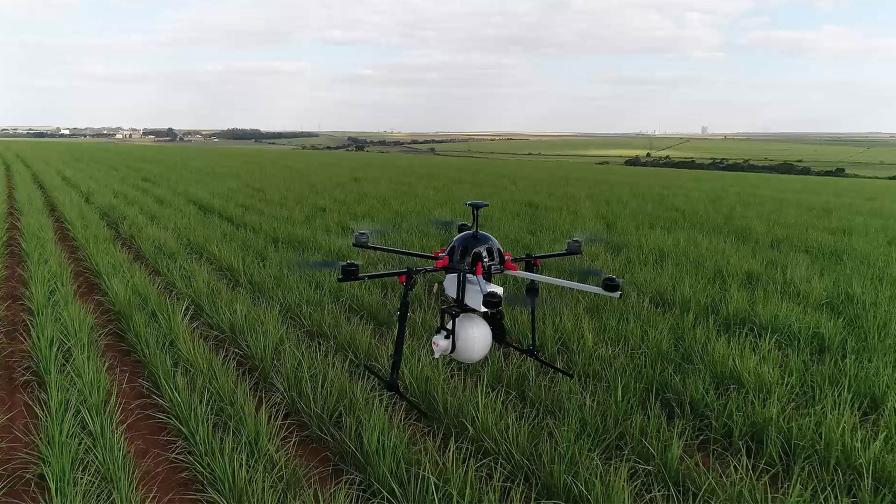Understanding and Supporting Soil Health
Despite thousands of years of agriculture, the industry is still in its infancy when it comes to understanding the importance of soil health, writes Lauren Milligan in a recent article in AgriBusiness Global DIRECT. Currently, about one-third of the world’s soils are degraded due to factors such as erosion, nutrient depletion, and pollution. and as much as 90% of the earth’s topsoil is at risk by 2050, according to the Food and Agriculture Organization. The ag industry is recognizing the need for sustainable agricultural practices to protect and restore soil quality. Crop input manufacturers are the role of soil in food production, climate regulation, and biodiversity conservation and what they can do to support soil health.
Soil is not just a medium for plant growth but also acts as a natural filter, water reservoir, and habitat for countless organisms. Healthy soils are essential for maintaining nutrient cycles, water availability, and carbon sequestration. Moreover, they support diverse ecosystems and contribute to climate change mitigation.
Many organizations are implementing sustainable agricultural practices to protect and restore soil health and the strategies that can be employed to achieve this goal. One such strategy is conservation agriculture, which involves minimizing soil disturbance, maintaining soil cover, and diversifying crop rotations. Conservation agriculture helps reduce erosion, improve water infiltration, and enhance soil organic matter content.
Another growing segment, precision agriculture, is also being used to help maintain healthy soil. Remote sensing, GPS, and data analytics can help farmers optimize inputs, reduce waste, and minimize environmental impacts. Precision agriculture enables targeted application of fertilizers, pesticides, and irrigation, leading to improved soil health and resource efficiency.
It’s not just operations in the field that are needed to maintain soil health. Experts suggest the need for policy support and financial incentives to promote sustainable soil management practices. Governments should provide subsidies, grants, and technical assistance to encourage farmers to adopt soil-friendly practices. Additionally, regulators and law makers should consider soil health considerations when developing agricultural policies and regulations.
In conclusion, the article highlights the urgent need to protect and restore soil health for sustainable agriculture and environmental conservation. It emphasizes the importance of adopting practices such as conservation agriculture, increasing soil organic matter, and implementing precision agriculture. The article also stresses the role of policy support and financial incentives in promoting soil-friendly practices. Overall, it calls for collective action to save our soils and ensure a secure and sustainable future for food production and the environment.






